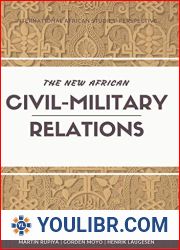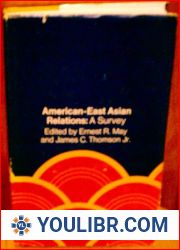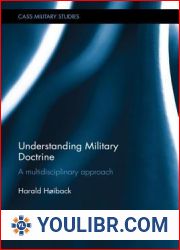
BOOKS - The New African Civil-Military Relations


US $6.78

354791

354791
The New African Civil-Military Relations
Author: Martin Rupiya
Year: November 3, 2015
Format: PDF
File size: PDF 8.7 MB
Language: English
Year: November 3, 2015
Format: PDF
File size: PDF 8.7 MB
Language: English
In 1973, Yashev Raval wrote The Power of Wisdom, correctly pointing out that collusion between East and West had kept not only the balance of terror but provided the glue that kept geographic spheres of influence stable. Africa was part of that arena for global rivalry. With the collapse of the Union of Soviet Socialist Republics in 1991, the stifling grip the superpowers had exercised throughout the world was fundamentally altered. The transformation of the international security system, coupled with political democratization, allowed the partial reorganisation of the security establishments on the African continent to embark upon the New African Civil Military Relations (ACMR). In the last decade and half, the implosion of African states exposed to forces of democratization has escalated, manifest in Algeria, Egypt, Mali, Madagascar, Somalia, South Sudan, Central African Republic and Lesotho. At the heart of the states' implosion has been weak, fragile and partisan defence and security institutions - a phenomenon that requires urgent research intervention to guide the much-needed reforms. In 2014, the Russian Academy of Sciences hosted the bi-annual African Studies Conference, with the lead author accorded the responsibility of organizing a Session on ACMR. From amongst some of the exciting Abstracts presented, authors submitted these as full chapters for this book which captures International African Studies Perspectives, managed by the African Public Policy and u0026 Research Institute (APPRI). This process was further facilitated by one of the presenters and now co-editor, Maj Henrik Laugesen from the Royal Danish Defence College, who agreed to lead on the fundraising - succeeding in securing support from the Royal Danish Defence College. The result is this book.














































